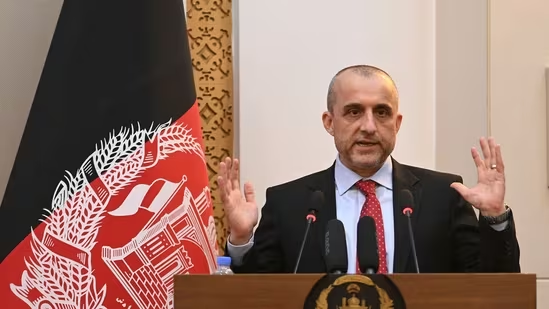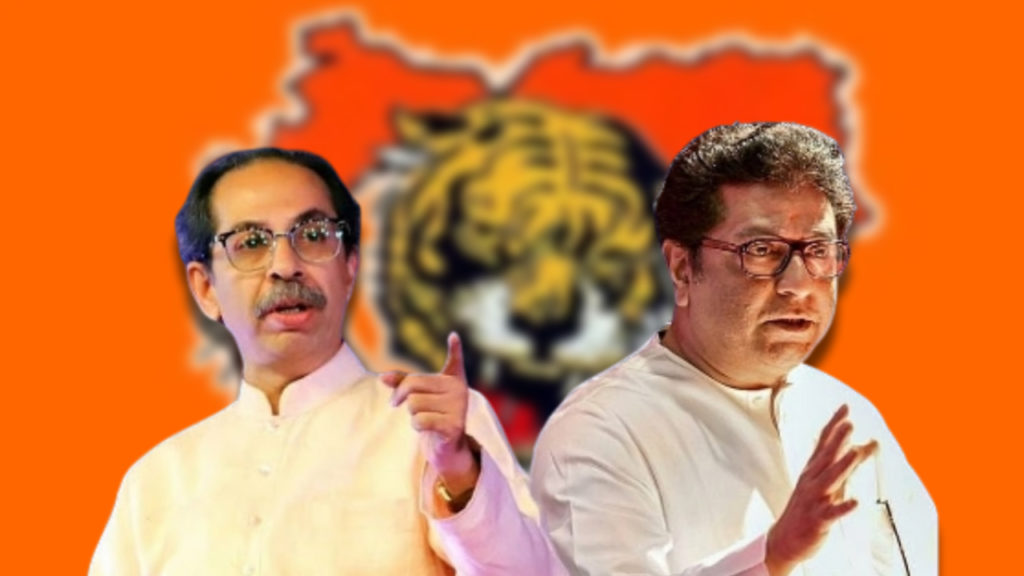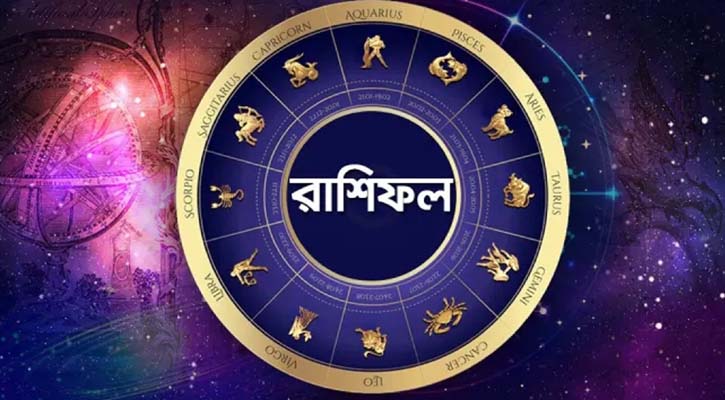The geopolitical landscape of South Asia has always been fraught with complexities, and recent events have once again brought the region into the spotlight. The former Vice President of Afghanistan, known for his outspoken nature, recently took aim at Pakistan in the wake of Iran’s airstrike, while also acknowledging India’s role in the regional dynamics. This development underscores the delicate balance of power and shifting alliances in the region, as Afghanistan navigates through a challenging period of political transition.
Iran’s Airstrike and Regional Fallout:
The recent airstrike by Iran has added a new layer of tension to an already volatile region. The strike targeted a militant group operating along the Iran-Afghanistan border, highlighting the cross-border security challenges faced by both countries. In the aftermath, the former Afghan Vice President seized the opportunity to express his concerns and criticisms, with Pakistan bearing the brunt of his accusations.

Criticism of Pakistan:
The former Afghan Vice President did not mince his words when addressing Pakistan’s role in the region. He accused Pakistan of harboring and supporting militant groups that pose a threat to the stability of Afghanistan and the broader South Asian region. This longstanding accusation has been a source of friction between the two neighboring countries, with Afghanistan often blaming Pakistan for the continued insurgency within its borders.
The Vice President’s statement reflects the deep-seated mistrust and historical grievances that have plagued Afghan-Pakistani relations. Pakistan, in turn, has consistently denied allegations of supporting terrorism and insists on a collaborative approach to address regional security concerns.

India’s Mention in the Critique:
In a notable turn of events, the former Afghan Vice President also mentioned India in his critique of regional dynamics. India has been a key player in the reconstruction and development efforts in Afghanistan, and its growing influence in the region has been a cause for concern for both Pakistan and certain factions within Afghanistan.
The mention of India highlights the complex web of relationships and alliances that define the geopolitical landscape of South Asia. As Afghanistan undergoes a political transition, external actors, including India, play a crucial role in shaping the country’s future. The former Vice President’s acknowledgment of India’s involvement adds another layer to the intricate tapestry of regional geopolitics.
Conclusion:
The former Afghan Vice President’s criticism of Pakistan in the aftermath of Iran’s airstrike and his mention of India underscore the multifaceted challenges faced by Afghanistan and its neighbors. As the region grapples with security concerns, political transitions, and the influence of external actors, finding common ground for cooperation remains a daunting task. The delicate balance of power continues to evolve, and the statements made by key figures in the region only serve to emphasize the need for diplomatic efforts and dialogue to ensure stability and peace in South Asia.









